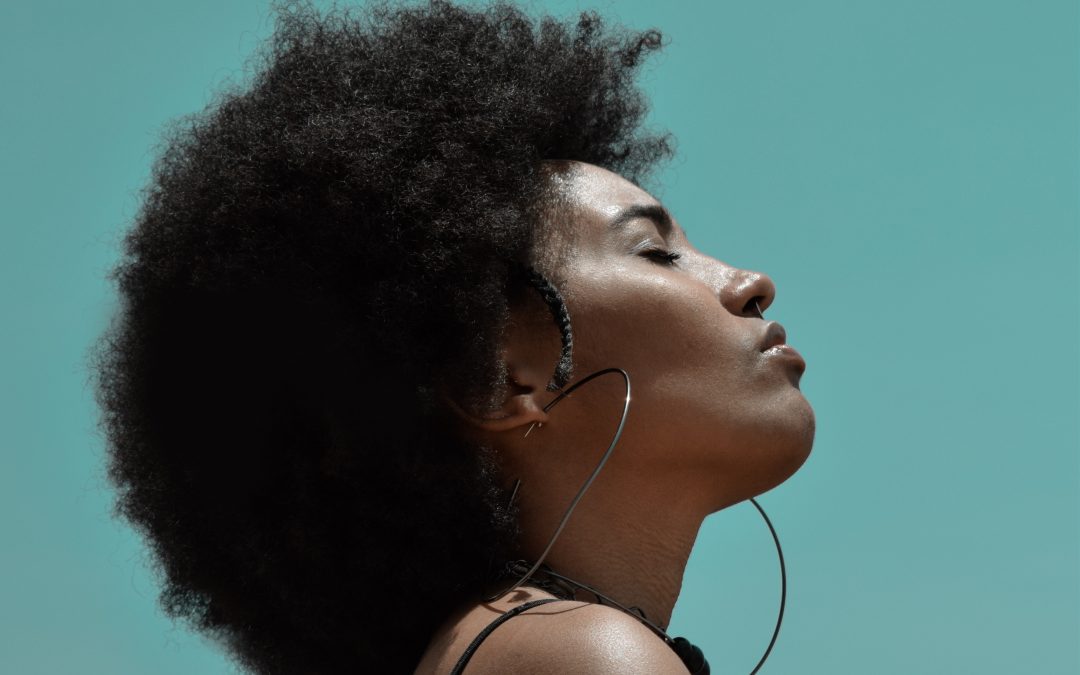Damaliah Gibson, Ph.D.
In our relationships – familial, romantic, platonic, we learn to attend to the needs of others. Often, we are not in-tune with our wants and needs, or we override our desires for various reasons. Sometimes, we want to please a loved one or a supervisor. We may put our needs on the back-burner in an effort to show up for everyone else. And further, some of us think our wants and needs are of little importance and may have even been judged as selfish and self-indulgent when we attempted self-care.
Many of us wear many hats: We’re parents, spouses, siblings, workers, supervisors, and entrepreneurs. Navigating and attempting to balance our many roles make it challenging to find our way to mindfulness.
What is mindfulness and why is it so important anyway?
For me, mindfulness is being in relationship with self. In my many years of mental health practice, I have found that mindfulness is an essential component for a more embodied way of being and living. Having a relationship with ourselves may be awkward at first if we are not used to being attuned to our needs. Awkward is completely normal and we can proceed toward a daily practice of mindfulness, which is accessible to everyone.
Mindfulness may look like trusting our intuition, listening to our gut, taking moments throughout our day to have some quiet time, checking in with our bodies, and noticing our urges and needs. For example, a few hours before I sat to write this blog, I became aware that I was feeling overwhelmed about the mountain of tasks that needed my attention. I attempted to regulate my emotions – in this case, my panic and anxiety – by first taking some deep breaths. I focused on my body and the physiological sensations that were happening in me, including a well of tears behind my eyes and a racing mind. I then found a quiet space away from my desk and computer, massaged my temples, drank some water, listened to some comforting lyrics, and continued to focus on taking long, deep breaths.
This was my way of practicing mindfulness and thus being able to check in and give myself what I needed at that moment. Looking back, I needed to create some space between myself and the source of overwhelm so that I could attend to myself and regroup. Once I gave myself what I needed, I was able to make a plan for the rest of my day, including writing about and sharing my experience with you.
Having a relationship with myself means taking responsibility for how I show up in the world, and how I relate with others. Without self-awareness– a mindful awareness – I cannot be in-tune with, and acknowledge, my overwhelm and panic. Without mindful awareness, I could end up in a cycle of projecting my frustrations onto others. I could become short and abrupt, dismissive, condescending, and potentially hurt or ruin my relationships.
Practicing mindfulness is not a mysterious tool only for the enlightened. Mindfulness is simply a quiet relationship with our inner being, which is therefore accessible to all of us. To begin, practice building an observer self. You can do this by becoming more aware of yourself in real-time and, in soothing ways, attending to the needs, wants, urges that arise. Sometimes, just simple awareness is enough, without the need to fix or change anything. In my case, I was able to identify the overwhelm, panic, welling of tears, racing mind, and then give myself what I needed (i.e. some space, temple massage, water, lots of deep breaths, and calming musical lyrics). All this made for a more productive day in the end, including sharing this piece with you.
Practice living a mindful life today. Be in a meaningful relationship with yourself.

